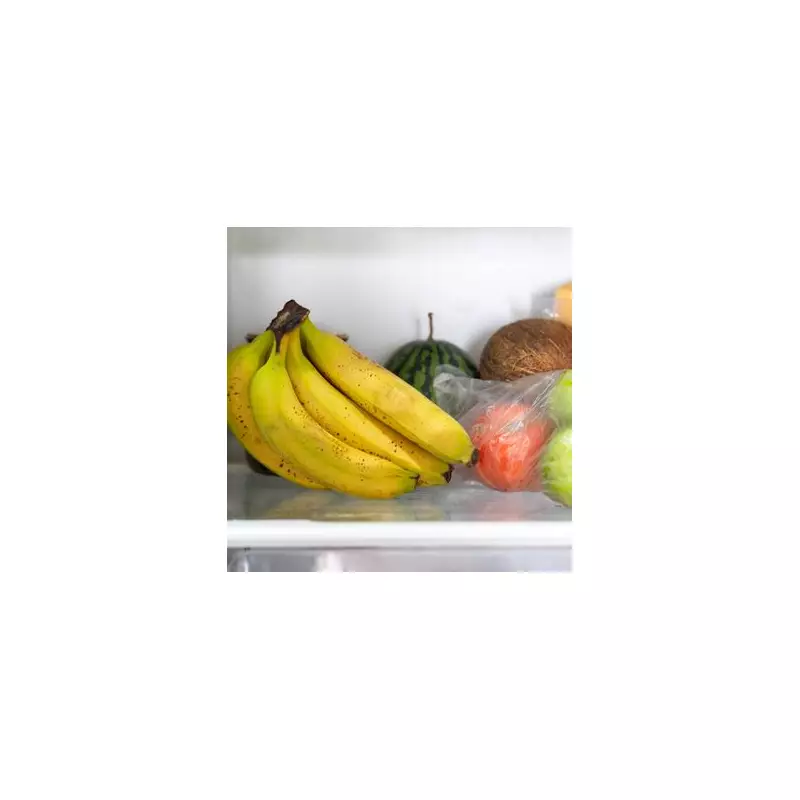
If you've been tossing your bananas straight into the fridge, you might be making a costly kitchen mistake that's accelerating their journey to the compost bin. According to food preservation experts, this common practice could actually be shortening your bananas' lifespan rather than extending it.
The Science Behind Banana Ripening
Bananas produce ethylene gas, a natural plant hormone that triggers the ripening process. When you refrigerate bananas, this process is disrupted, causing the peel to darken prematurely while the fruit inside may not ripen properly. The cold temperature damages the banana's cell structure, leading to that unappealing blackened appearance.
The Professional Chef's Storage Secret
Food experts recommend storing bananas at room temperature until they reach your desired level of ripeness. Once perfectly ripe, you can then transfer them to the refrigerator. The cold will slow down further ripening, giving you several extra days to enjoy them at their peak.
Additional Pro Tips for Banana Longevity
- Separate bananas from the bunch to slow ethylene gas exposure
- Wrap banana stems in cling film to further reduce gas release
- Store away from other fruits to prevent cross-ripening
- Use overripe bananas for baking rather than discarding them
This simple adjustment to your fruit storage routine could significantly reduce food waste and save money on your weekly grocery bill. With bananas being one of the most purchased fruits in UK households, mastering their storage could make a substantial difference to both your wallet and the environment.





